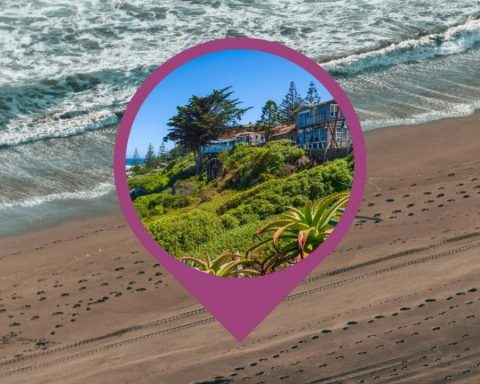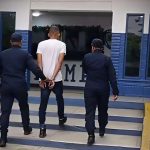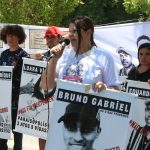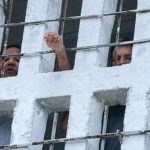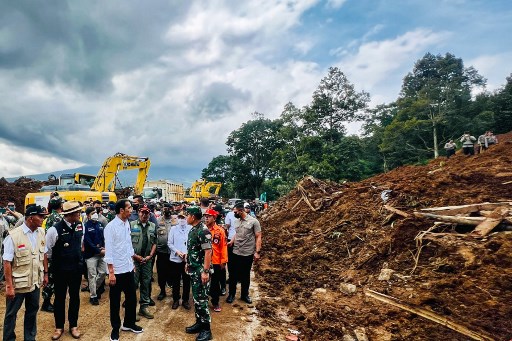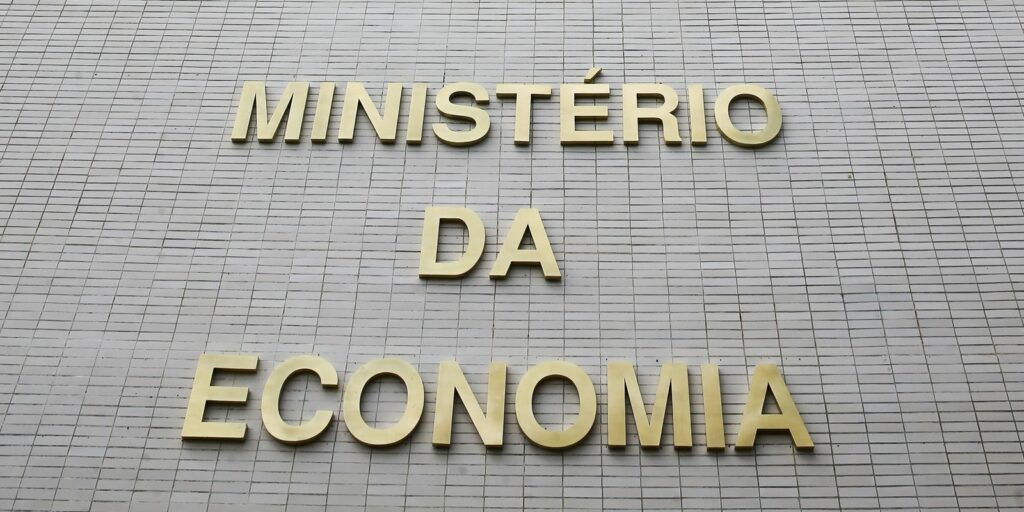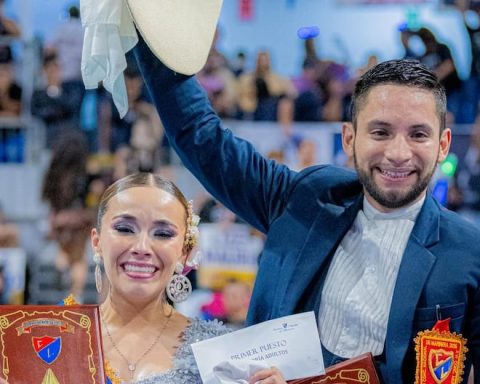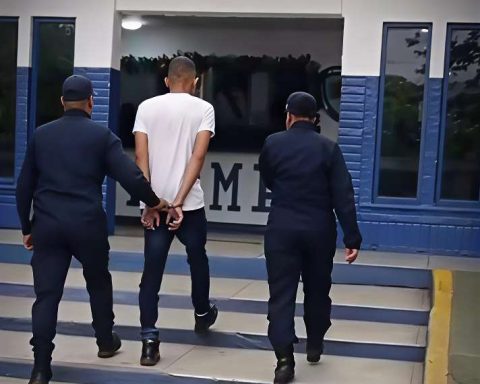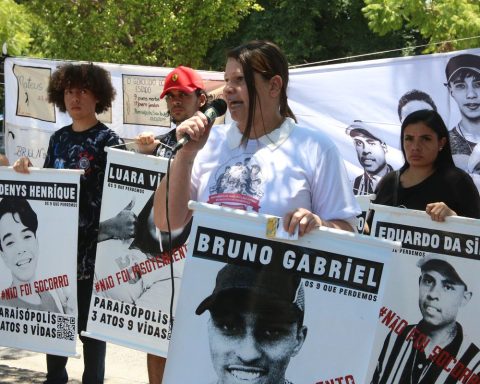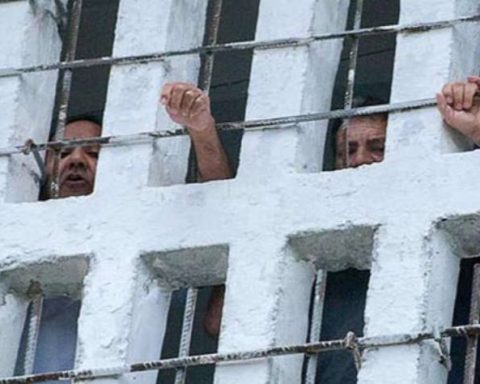On November 11, around 8:00 p.m. and in the rain, presidential delegate José Montalva said goodbye to President Gabriel Boric, after his first visit to La Araucanía in his first eight months in office.
Hours before, the President had announced the formation of a transversal commission –for Peace and Understanding–, which will begin to operate in March, to calculate how much land is owed to the Mapuche people, how and how much is going to be return, and in what time.
“This is not a commission to make a diagnosis, enough have already been done,” the Head of State declared that day.
José Montalva, a 37-year-old lawyer, took office as presidential delegate in La Araucanía on September 31, after the resignation of Raúl Allard. From the ruling party they explained that he had opted for a more political profile, which Montalva could fulfill, for having been provincial governor of Cautín between 2014 and 2016.
He was born in Santiago, lives in Temuco and has a diploma in Indigenous Peoples, Public Policies and Regulations from the University of Chile, and another in Management of Indigenous-Based Cooperatives from the University of La Frontera, Temuco.
-Isn’t March of next year a somewhat ambitious date to set the start of the Commission for Peace and Understanding, since parliaments with indigenous authorities for July 2022 were also announced by the Government and it failed to materialize?
-It is not a short time, because the diagnoses have already been made, now we have to get to work on those issues. When the President comes to the region, he does so as Head of State. In this sense, he collects the experience that has been shared in past commissions, which help us model the debts that the State has with the Mapuche people, which are more or less clear. He has to do with the political issue, the vindictive justice in relation to rights that have been violated, and with the right to memory of the people, that is, the historical relationship of the State with the Mapuche people.
-Should people who belong to groups such as the Coordinadora Arauco-Malleco (CAM) or the Mapuche Malleco Resistance (RMM)?
-The CAM did not want to talk. With those who don’t want to do it, for a physical issue, you can’t talk. Not only are people seated, but there is a will to dialogue. The dialogue is intended to understand, listen and put yourself in the other’s position. The idea is that it is not a dialogue of the deaf. The President has been clear: the dialogue will take place with those who want to participate, and doing so means being willing to listen. The basic requirements are that there be more than one person willing to talk.
-Can groups that continue on the path of arms be part of the commission, despite being willing to dialogue?
-Dialogue in democracy excludes weapons. No one will be willing to dialogue when one of the parties has arms on the table. It is difficult for people who have followed the armed route to be willing to dialogue. If they are available and weapons are excluded, they may. But compliance with the rule of law must follow different paths. I am convinced that there is organized crime here, and I see it as unlikely that they want to talk, because they have interests that are different from those of the population and a democracy, which is the common good.
-Why does the Government put emphasis on a law on organized crime instead of reforming the Anti-Terrorism, as stated in its program?
-I am convinced that pure and hard organized crime operates in the region, although there are also acts of a terrorist nature. In order to dismantle organized crime, it is necessary to have efficient and effective legislation for its prosecution. The timber theft law has been effective in giving results to the investigations that are being carried out. In almost more than a month after the entry into force (of the law) of the theft of wood, we have seized more than four billion pesos in species of these groups; In addition, there are around fifteen people in pretrial detention, of which, it must be noted, only 20% are from the Mapuche people. These are organizations that operate in this region with tremendous resource capacity. On the other hand, we have the Anti-Terrorism Law, which has been inefficient to prosecute. Today the investigations with the application of this law do not show many results.
Do you consider it a more practical than an ideological issue?
-In this case I am completely practical, because I live in this region, I need results and that people respond to justice. The damage they generate is not only for the victim, such as a company that burns machinery. They generate a lack of work, a lack of bread in the families of our region, that there are territories that are almost deserted out of fear, that there are people who do not want to harvest because they are extorted. And there the Public Ministry has the great challenge of obtaining results, and we have not seen that as we would like and, without a doubt, legislation must be worked on that allows it to be more efficient in these investigations.
-Could you describe the President’s meeting with the Mapuche communities in Lonquimay?
-The Mapuche representatives referred to “the long wait.” They explained that it had been years since they had opted for land through the institutional route, and those who already had all the requisites had not yet been bought the land. Another is that the State take charge of an investment that improves the quality of life of people in Lonquimay, such as the state of the roads. Intercultural education was addressed. The criticism was that they come from Santiago to teach and they asked that it be contextualized in each territory and that the community become part of its elaboration.
-What is the progress of the Plan Buen Vivir, whose objective is to respond to the conflict between the State of Chile and the Mapuche people, in which –according to Minister Ana Lya Uriarte– they have already held 165 meetings?
-You are working with different territories, and you have to shape the way you work. We cannot make a stony, hard plan that we design in Santiago and implement here, but it must be built with each territory, because different dynamics are going to occur in each one. This is without shortcuts, and it is with time. That is why the President went to Lonquimay, stayed one night there and talked for more than two hours. And that is to start the dialogue, because that conversation has not ended.
-What do you mean that it is without shortcuts?
-The President came as Head of State, understanding that in these four years the conflict between the Mapuche people and the State will not be resolved quickly, nor will the structural poverty of this region be resolved. That is why the President has said that a law must be drafted that includes essential investment issues for this region. The policies we make must transcend the Government. It is pretentious to think that only a government is going to solve it.
-How were the relations of the delegation with the authorities and the communities when you took office, taking into consideration that when you took office you described that there was a climate of boredom?
-The climate of boredom is rather due to not having solved certain issues, and it does not come with this government or delegation, but rather it is historical. I think that boredom today is an opportunity; I have perceived a different climate from all sectors. We need to put our foot on the accelerator. We have to walk faster and better. We must look for solutions that take charge of the diagnoses that have been built in the democratic history of this country.
The crimes of the CAM
The Court of Appeals of Concepción revoked the decision of the Los Angeles Guarantee Court that requested, last Thursday, November 17, the replacement of the precautionary measure of preventive detention with house arrest for three members of the CAM, detained for alleged related crimes to violence in the south, including Ernesto Llaitul, son of the leader of said organization.
-Faced with preventive detention, do you think that in the Mapuche conflict zone it has been applied especially to people belonging to the Mapuche people?
-I think not. The crimes that are imputed to people are based on their actions and not on their ancestry, nor on the town to which they belong. Whoever said something different should have evidence to prove it, because it would be a scandal.





